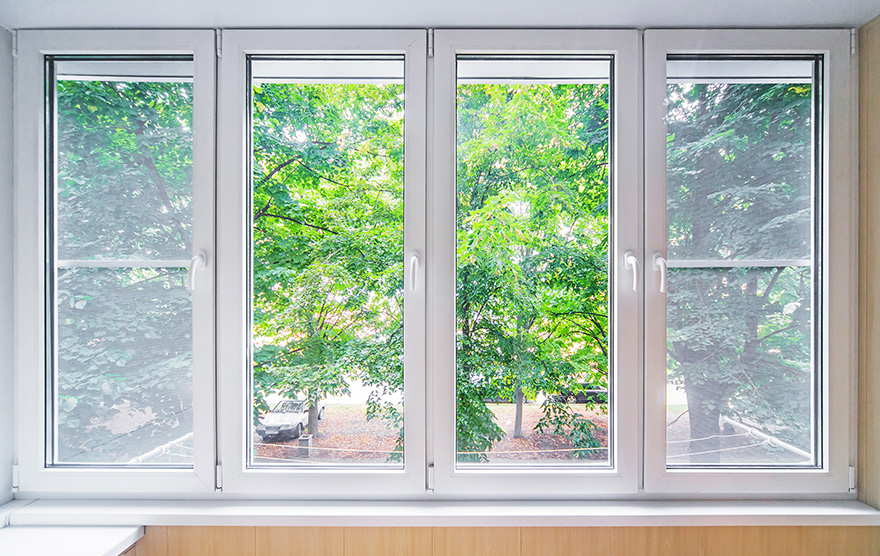
Siding Contractor in Grapevine, TX
When it comes to protecting and beautifying your home in Grapevine, TX, one of the most significant investments you can make is in your siding. High-quality siding not only enhances the curb appeal of your property but also acts as a barrier against the unpredictable Texas weather. However, to ensure your siding installation or replacement project is a success, you need a reliable and experienced siding contractor Grapevine TX. In this comprehensive guide, we’ll walk you through the essential steps to help you choose the right siding contractor for your home.
Research and Recommendations
The first step in finding a trustworthy siding contractor is to do your research. Begin by asking friends, family, and neighbors for recommendations. Word-of-mouth referrals can provide valuable insights into the contractor’s reputation and the quality of their work. Additionally, you can explore online reviews and ratings on platforms like Yelp, Google, or the Better Business Bureau to gather more information about local siding contractors.
Verify Credentials
Once you’ve compiled a list of potential contractors, it’s essential to verify their credentials. Check if they are licensed, bonded, and insured. Proper licensing ensures that the contractor meets the necessary requirements and has the expertise to perform siding installation or replacement in Grapevine, TX. Insurance is crucial to protect you from liability in case of accidents or property damage during the project.
Experience Matters
When it comes to siding, experience matters. Look for contractors with a proven track record in the industry. Experienced siding contractors are more likely to provide high-quality workmanship and handle unexpected challenges effectively. Ask for a portfolio of their previous projects or request references from past clients to gauge the quality of their work.
Material Selection and Expertise
Your siding contractor should be knowledgeable about different siding materials and their suitability for your specific climate and home design. They should be able to offer guidance on materials like vinyl, fiber cement, wood, and more, and help you choose the one that best fits your needs and budget. An experienced contractor can also provide valuable input on colors and textures to achieve the desired aesthetic for your home.
Detailed Estimates
Obtain detailed written estimates from at least three different siding contractors. These estimates should include a breakdown of costs for materials, labor, permits, and any other expenses related to the project. A reputable contractor will provide transparent and comprehensive estimates that allow you to compare quotes accurately.
Warranty and Guarantees
A reliable siding contractor will stand behind their work with warranties and guarantees. Make sure to ask about the warranty coverage for materials and labor. A good warranty provides peace of mind and ensures that any issues with your siding will be promptly addressed without additional costs.
Communication and Transparency
Effective communication is essential throughout your siding project. Your chosen contractor should be accessible, responsive, and willing to answer all your questions. They should also keep you informed about the project’s progress and any potential delays or changes in the plan. Transparency is key to a successful working relationship.
Local Knowledge
Hiring a local siding contractor in Grapevine, TX, offers several advantages. Local contractors are familiar with the region’s climate and building codes, ensuring that your siding installation is compliant with local regulations and can withstand Texas weather conditions. Additionally, working with a local contractor helps support the community and often leads to quicker response times for maintenance or repairs.
Timeline and Project Schedule
Discuss the expected timeline for your siding project with the contractor. A clear and realistic schedule ensures that you can plan accordingly and minimizes disruptions to your daily life. While unforeseen issues can sometimes cause delays, a professional contractor will do their best to stick to the agreed-upon timeline.
Conclusion
Choosing the right siding contractor in Grapevine, TX, is a crucial decision that can significantly impact the appearance, durability, and value of your home. By following the steps outlined in this guide, you can make an informed choice and select a contractor who will deliver exceptional results. Remember that thorough research, verification of credentials, and open communication are the keys to a successful siding project. Investing in quality siding and a reputable contractor will not only enhance your home’s aesthetics but also provide long-lasting protection for years to come.
Address – 2140 Hall – Johnson Rd #102, Grapevine, TX 76051, United States
Phone Number – +1 972-704-4433

